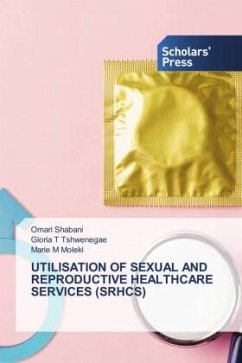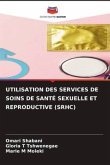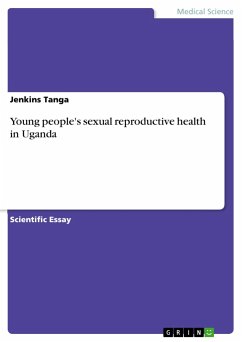Sexual and reproductive healthcare services (SRHCS) are services aimed at the provision, achievement and promotion of both sexual and reproductive health by public healthcare providers, or professionals to the public or community (the researcher). The purpose of these services is for the users to reach a state of physical, mental and emotional well-being in all aspects related to sexuality and reproduction (the researcher). These services include family planning; infertility services; prevention of unsafe abortion and post-abortion care; diagnosis and treatment of sexually transmitted infections, including HIV infection, reproductive tract infections, cervical cancer and other gynecological morbidities; and the promotion of sexual health, including sexuality counselling (NSP 2012-2016:5). Sexual and reproductive health is a state of complete physical, mental and social well-being in all matters relating to the reproductive system (Pan American HealthOrganisation 2010:9). It implies that people are able to have a satisfying and safe sex life, the capability to reproduce, and the freedom to decide if, when, and how often to do so.








